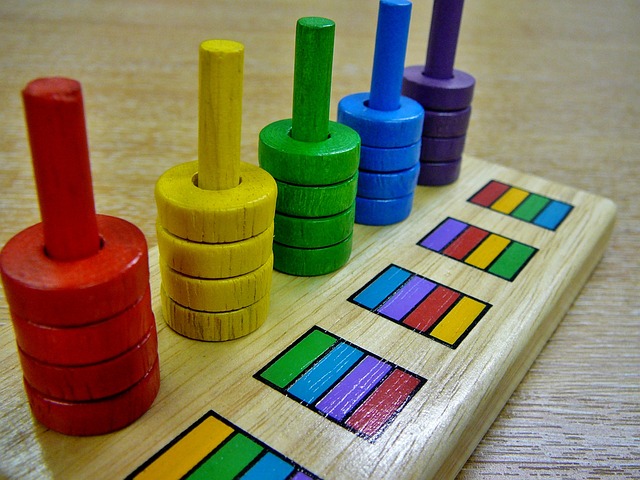
Do Memory Games Work?
Should you play memory games or brain games to improve your memory and executive function? I would have said ‘yes’ before researching this topic. Yet, the evidence that playing memory and brain games is beneficial is not convincingly strong. But, the good news is playing brain-training games and games that work on memory skills won’t hurt you. They just may not help – at least as much as we might think. This raises the question of whether or not you should sign up for any number of online brain-training programs.
The field of brain training is a more controversial topic among experts in the field than I anticipated when I decided to write about it.
The following statement comes from a consensus of experts regarding the brain-training industry. The statement comes from the Stanford Center on Longevity.
“We object to the claim that brain games offer consumers a scientifically grounded avenue to reduce or reverse cognitive decline when there is no compelling scientific evidence to date that they do. The promise of a magic bullet detracts from the best evidence to date, which is that cognitive health in old age reflects the long-term effects of healthy, engaged lifestyles. In the judgment of the signatories below, exaggerated and misleading claims exploit the anxieties of older adults about impending cognitive decline. We encourage continued careful research and validation in this field.”
But, they are not the only voice on this matter.
Here is a response to that consensus statement from the Cognitive Training Data website. And, here is a sampling of over 100 recent articles that show at least some there is evidence that brain training can be effective in improving cognitive function and carryover into everyday activities. Many of these studies were completed after the Stanford Center on Longevity issued its consensus statement in 2014.
More Negative Opinions on Brain-Training
Here is a review from The Atlantic discussing the weak evidence behind brain-training games. Seven psychologists spent two years reviewing 374 studies on memory games and concluded that the evidence for such mental training is weak. It is not absent. Just weak. This does not mean that there are not some benefits to these mental games. The brain function you train may improve but that improvement does not necessarily cross over or generalize to other areas of brain function.
Brain-Training Games
Here is a link that reviews some of the more popular brain-training games that can be played on your computer or your smartphone through available apps. These include:
- Lumosity
- Dakim
- Clever mind
- Fit Brain Trainer
- Cognifit Brain Fitness
- Brain Trainer
- Brain Metrix
- Eidetic
Lumos Labs which produces Luminosity, a brain-training program, was fined 2 million dollars by the FTC for deceptive claims that its Luminosity games reduce or delay cognitive impairment associated with aging and illness or enhance cognitive function at work or school.
So what do you do to keep your brain in tip-top condition?
Our Opinion on Brain-Training
As mentioned in the Stanford Center on Longevity Consensus Statement living a healthy lifestyle is paramount to healthy brain aging.
Given the mixed scientific evidence, we feel this is an area where common sense should prevail. Intuitively, it makes sense that working out the brain would improve function. There is no evidence that brain training is harmful. And, while there may not be consistently strong evidence that memory games improve function, playing them in many studies slowed cognitive decline.
Therefore, despite the mixed scientific evidence on the effectiveness of brain-training we encourage individuals to actively challenge their brains. This can be done without spending much money and purchasing a subscription to some of the brain-training games above seems unnecessary.
More traditional memory games include reading, solving crossword and Suduko puzzles, playing board and card games, and playing games available on smartphones. Also, engaging in stimulating conversation and socializing has far-reaching health effects. We also think, without scientific evidence to support our recommendation, that recalling past events from all phases of your life writing them down, and being present at the moment (having your brain and body in the same place simultaneously) are healthy ways to jump-start the brain into action. Also, reducing stress of all kinds will help memory.
Exercise has consistently been shown to improve brain function and should be a daily endeavor. This would include ballroom dancing which has been shown to improve brain function.
